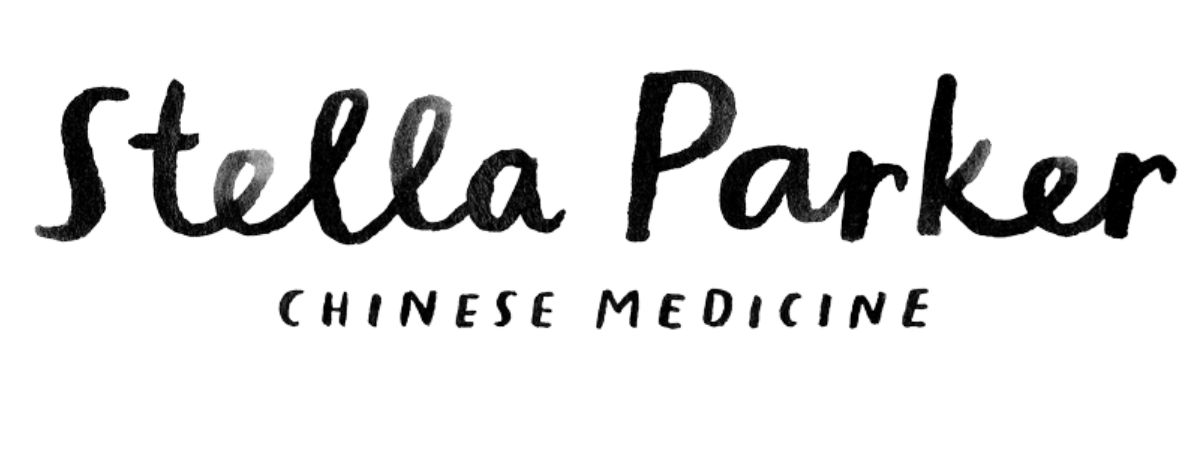I don’t know about you, but that first month of being a new mother felt anything but golden.
I was exhausted, to the point where it was a good day if I managed a shower. If I had to give the month a colour, it would probably be more like a hazy, smoggy greige; Definitely not golden.
But in a number of east Asian countries (plus others around the world), the first month after birth is often considered the Golden Month. In places such as China, Taiwan, India and more, tradition puts a new mother’s recovery front-and-centre—let’s be honest, where it should be! This, unsurprisingly, leads to a very different experience than mine (and so many here in the West).
The nourishment new mummas need
The Golden Month, also often referred to as the first 40 days or first 6 weeks, is a vital period that sets the stage for mum and bub health, development and bonding not just for this time - but for years down the track. This traditional period of confinement sees new mums completely rest and recover at home after giving birth; not running errands, going out in the cold, or even cleaning the house.
Instead, they’re encouraged to eat nutritious foods, such as soups and stews made with ginger and other warming herbs. Nourishing foods that not only help the body recover from labour, but foods that build blood, and help stimulate breast milk production. Mums and babes simply rest, eat, bond, connect, and rest again - while being supported to do so.
And new mums need this nourishment. Their bodies are hard at work:
Replacing the blood volume lost at birth—which usually at least half a litre
Healing a dinner plate sized internal wound that’s causing vaginal bleeding
Healing external wounds to the perineum or abdomen
Producing milk to sustain another life
Recovering from 9 months of increased strain on the pelvic floor (1)
And they’re generally doing all of that without any stretches of consolidated sleep, which definitely doesn’t lead to golden outcomes. Unless they have help.
It takes a village
New mums need support.
They’re healing from major trauma. And it’s not just physical recovery either—that first month is also vital for emotional bonding between mum and bub, as above. Things like skin-to-skin contact, breastfeeding, and frequent cuddling can all help to establish a strong bond. And research has shown that this early bonding can have long-lasting effects on the baby’s emotional and cognitive development, as well as on the mother’s mental health (2).
All new mums need—not just deserve, but NEED—the golden month.
And acupuncture can play a strong supportive role during this time. Here are a few ways it can help during the postpartum period:
· Reduce pain and discomfort such as back pain, headaches, sore nipples and sciatica (3)
· Reduce water retention by stimulating and regulating kidney and bladder functions
· Promote a faster recovery by improving blood flow to the uterus
· Aid scar healing from a Caesarean section or episiomity and reduce numbness in affected areas
· Stimulate breast milk production (4)
· Reduce stress, anxiety and symptoms from postpartum depression (5)
· Boost energy and immunity
Becoming a parent is huge and you shouldn’t have to navigate this new world alone.
Whether the birth was seamless, traumatic or somewhere in the middle, there’s a lot to process, adapt to and heal from. Acupuncture can help to soothe the nervous system and provide you with a bit of calmness amongst the chaos. And, honestly, just having time to speak with another mum and experienced practitioner—time where you are being listened to and cared for— can offer a sense of wellbeing, normalcy and strength. Which in turn will give you more energy to share with your family.
You’re not alone
You’ve heard the saying ‘it takes a village to raise a child?’ right? It’s true. But in Western societies, we’re often isolated and lacking the local support that a new mum needs.
But that doesn’t change the fact that it really does take a village. And I’d love to be part of yours, because every new parent deserves a Golden Month.
You’re not alone. Reach out if I can help x
Sources:
1. https://www.birthwithbeth.com.au/birth-with-beth-blog/postpartumplanning
2. https://www.ncbi.nlm.nih.gov/pmc/articles/PMC7432717/
3. https://onlinelibrary.wiley.com/doi/10.1111/jmwh.12681
4. https://www.ncbi.nlm.nih.gov/pmc/articles/PMC9329742/
5. https://journals.plos.org/plosone/article?id=10.1371/journal.pone.0282661

